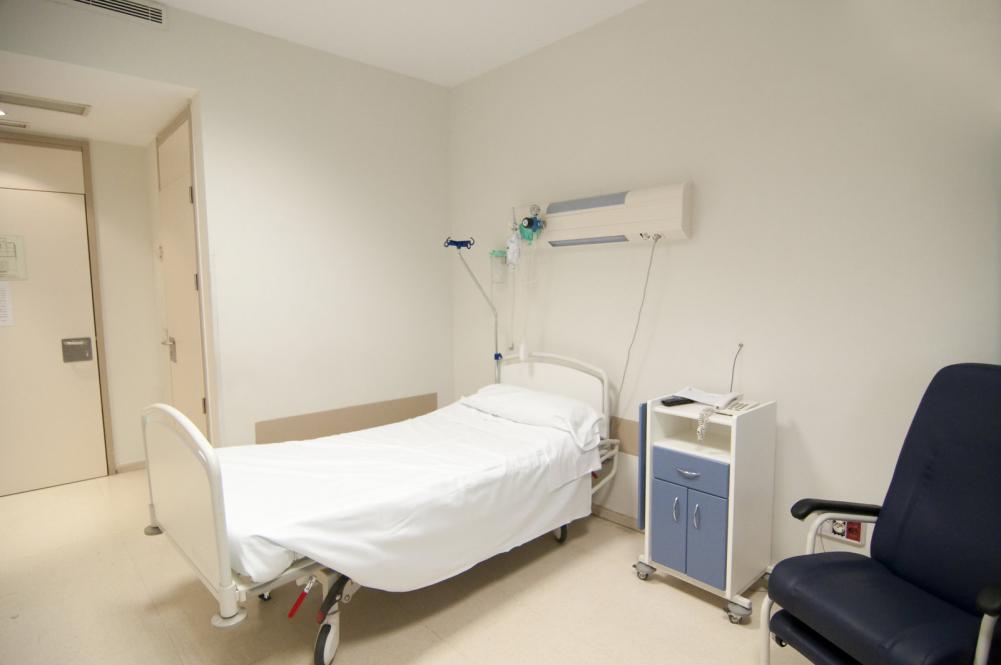In April, the city of Portland filed a $1 billion lawsuit against pharmaceutical companies. The lawsuit mostly focuses on the culpability of opioid manufacturers including Purdue Pharma, Teva, and Cephalon. Five physicians also are named. One is a former Mercy Hospital primary care doctor, and because of the lawsuit, the hospital says it’s leaving partnerships it has with Portland — and Bangor, Maine, too – meant to increase access to substance use treatment.
Because of the lawsuit, Mercy hospital’s parent company, Eastern Maine Healthcare Systems, says they are leaving the nonprofit Greater Portland Addiction Collaborative and another similar commitment in Bangor for the same reason
What Did the Greater Portland Addiction Collaborative Commit To?
In 2016, Mercy Hospital and several nonprofit and public sector partners committed to create and launch the Greater Portland Addiction Collaborative.
The website explains that members of the collaborative “aim to contribute to the long-term health and well-being of the Greater Portland community through an integrated and comprehensive treatment model specifically focused on uninsured persons battling heroin or opioid addiction.” The collaborative doesn’t just provide care to people who need it; it also shares data that can improve potential improvement in clinical outcomes, and helps streamline the operations of several organizations.
Through a Coordination Team and data sharing, the collaborative works to expand access to more beds, hire more nurses and counselors. The plan was supposed to help more than 1,200 lives over the next three years, according to a post on the website in 2016. It’s unknown how this commitment – now broken – will be affected financially by the withdrawal.
Because the initiative was created by Mercy Hospital, it’s safe to assume that it may no longer operate at all, leaving many people seeking addiction treatment services without the resources to recover. The initiative lacked outside funding from philanthropists and government sources.
Parent Company Says More Initiatives May Be Defunded if There Are More Lawsuits
“Regrettably, from this point forward, EMHS and its member organizations, including Eastern Maine Medical Center, Acadia Hospital, and Mercy Hospital, have no choice but to end our participation in the Community Health Leadership Board and the Greater Portland Addiction Collaborative,” Facchini said in the statement. “Both organizations are partnerships between health care providers and local government that seek to reduce stigma and increases understanding of substance use prevention, treatment, and recovery.
“We likely will be forced to withdraw from other, similar efforts across the state if other cities and counties join the suit.”
Meanwhile, the addiction epidemic continues. The future of new beds, treatment centers, and other efforts. Mercy funds sound as if they are contingent on the decision to not hold medical facilities or physicians responsible for negligence with opioids. Not a good luck, and a lousy choice that will cause even more harm to vulnerable populations.



Leave A Comment
You must be logged in to post a comment.